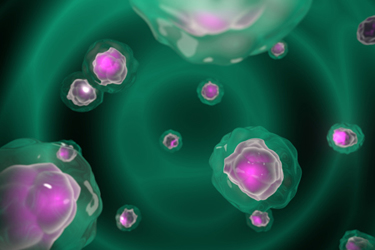mRNA-Lipid Nanoparticles Circumvent Limitations Associated With Both Viral Vectors And Electroporation For Cell And Gene Therapy Development

Driven by the blockbuster clinical successes of chimeric antigen receptor (CAR) T cell cancer immunotherapies, scientific and capital investment for these technologies is at an all-time high.
The complex logistics of autologous therapies including long vein-to-vein times and high cost, has led to a desire to move towards allogeneic “off the shelf” therapies, where economies of scale can drive down production cost and timelines.
With promising results in many clinical trials using CAR-T, researchers are actively seeking to expand the current scope of this technology to address other indications in hopes of achieving the same therapeutic efficacy. However, current CAR constructs appear to have limited efficacy against solid tumor cancers as well as exhibiting undesirable adverse toxicities that require further development work, and novel approaches are needed to overcome them.
While viral vectors are a popular mode of gene delivery, because of their high transduction levels, there are multiple core challenges such as limitations in the gene cargo capacity (posing barriers to the co-delivery of multiple genes), the risk of patient immunogenicity and carcinogenicity, as well as the complexity and expense of large-scale production2-5. Alternative non-viral gene delivery systems, such as electroporation and lipid nanoparticles, offer advantages that can overcome these issues.
In this article, review non-viral gene delivery systems and LNP reagents optimized for the delivery of mRNA into activated primary human T cells.
Get unlimited access to:
Enter your credentials below to log in. Not yet a member of Drug Discovery Online? Subscribe today.
